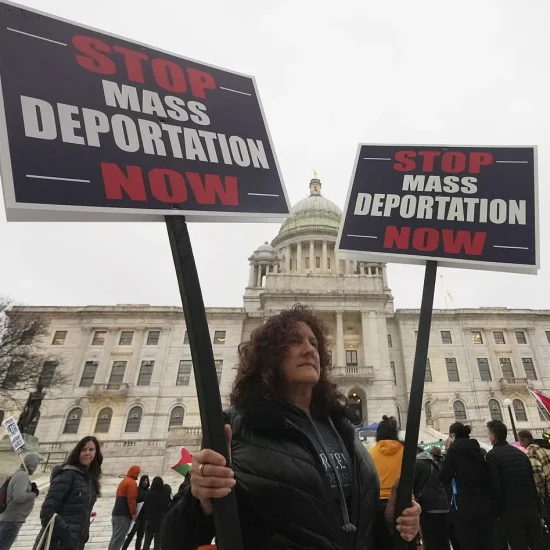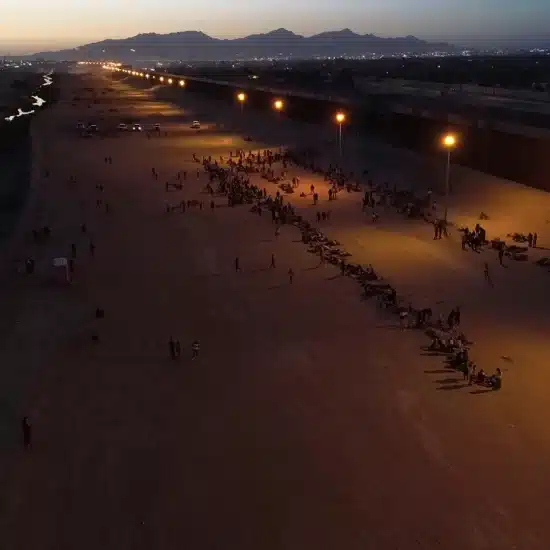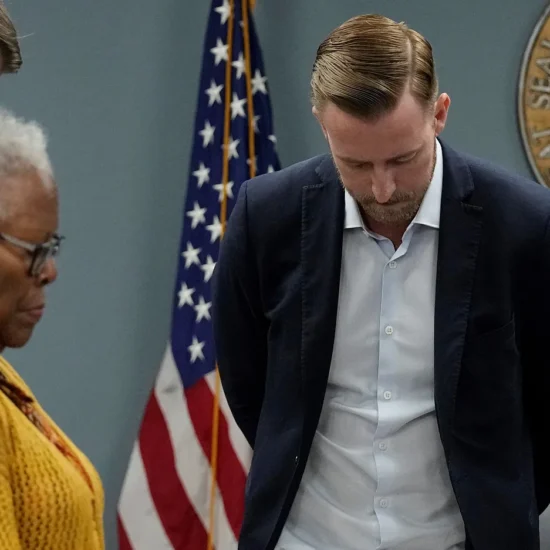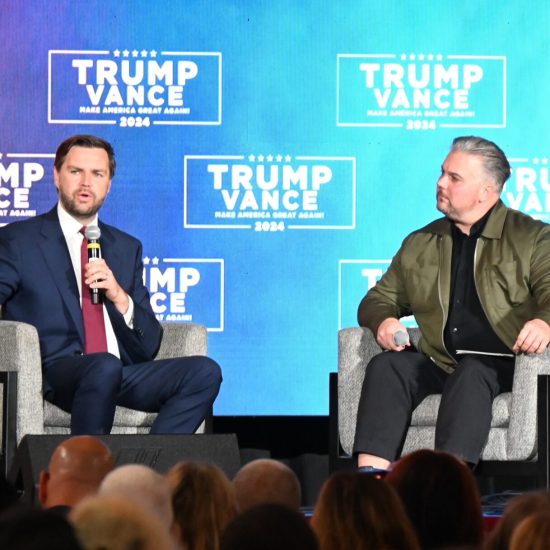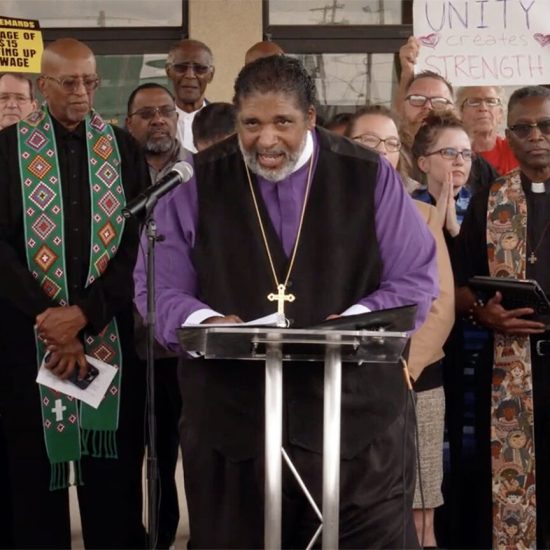Noah Angel has served as pastor of Familia Cristiana Internacional, a Spanish-speaking congregation in Jefferson City, Mo., since 2009. He previously pastored churches in Mexico, California and elsewhere in Missouri. Originally from El Salvador, Angel’s ministry in the U.S. often involves immigration work, including testifying before legislative committees at the Missouri Capitol and visiting lawmakers in Washington, D.C. A week after the announcement in January that nearly 200,000 Salvadorans could be deported in 2019, Angel sat down with Word&Way Editor Brian Kaylor.
Can you tell us a little bit about Familia Cristiana Internacional?
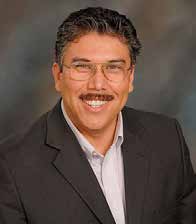 Noah AngelOur congregation basically is what we would call a Latino or Hispanic congregation.
Noah AngelOur congregation basically is what we would call a Latino or Hispanic congregation.
We do have some English-speaking brothers and sisters that are from here, but the majority are from Mexico. We have quite a number of Central Americans, mostly from Honduras, a few from Guatemala and El Salvador and Nicaragua. And we have had some visitors and some people from Puerto Rico at times. Right now, there’s only one. And from Chile.
You’re originally from El Salvador. Can you tell us a little of the story of your family and you, as a teenager, leaving El Salvador?
Since I was a kid, probably in the early 70s, we started having some social issues, some unrest — kidnappings and that kind of things and a little bomb going off here and there.
It grew to a full-blown civil war that the government tried to hide for quite some time. But the news started to leak around the world. And it became a very, very dangerous place to live. A lot of assassinations, a lot of confrontations with the government with what they called the guerrillas or the extremists, the leftists.
My father decided to move our family to an area real close to the border with Guatemala. And we lived for quite some time thinking that things will get better. Eventually, the decision was made — under a lot of prayer, of course — to leave as a family. We went to Mexico. We thought that it would be for a year, maybe two, that things would get better. But really that didn’t happen.
In a way we got stuck in Mexico. But in another way, looking back, God was preparing us and, personally, I feel that God was preparing me to get to know Mexico from the inside — know their culture, know their people. Years later, when I was here in the United States, I realized how God was training me [since] the majority of Hispanics in the United States are either Mexican or Mexican background. Having that background opens doors to me.
Could you tell us a little about your experience as a pastor of a Spanish-speaking congregation in primarily English-speaking communities? There’s a language dynamic that a lot of pastors don’t have to deal with.
I wonder a couple of times: I’m a pastor or I’m a social worker? The truth of the matter is you cannot separate the one from the other because [the social work] is what opens the opportunities for you to really come close to the people and show the love of God.
I tried to put a little bit of distance. But I just can’t. I can honestly say that probably 60-70 percent of my time is spent in translating for people, mostly in courts. They are so afraid sometimes to go. And just having the pastor there makes a difference for them. Hospitals, doctor visits or making appointments. Many are not fluent, or they can understand English if you were talking to them [in person]; by phone I know it’s harder, because I know how hard it was for me.
In many other situations, dealing with immigration and their applications. Sometimes they are arrested and I have to go and get them out in Kansas City. It’s a lot of social work.
And I’m not talking about church members, most of the time. It’s just people in the community. Newcomers that need to know their way around.
I have expressed it to my congregation — I thank them for giving me the opportunity, for taking care of me so I can take care of the people.
You have advocated for publicly for immigration reform. Can you talk about how you see that as part of your pastoral role?
Probably it’s the number one issue that concerns mostly those that either don’t have any kind of a status in the United States — I don’t like to use the word “illegal,” but that’s the terminology that is used — but others are in what I call “immigration limbo.” They have submitted applications, they have submitted all kinds of paperwork, paid their fees and they’re still waiting, waiting and it can take years.
Sometimes the general public doesn’t understand and they might just say, “Well, why don’t you apply for citizenship or become a permanent resident?” Well, if it was that easy, everybody would be a permanent resident or an American citizen. And that’s the ultimate dream that they want. But it’s not that easy, it’s not simple, it’s not available to everyone.
We often hear this rhetoric about “people just need to get in line” as if there’s a line somewhere that that they need to get into.
[laughs] Yeah, it would be nice to have a line so that you can see the end of the line! But, unfortunately, it’s not that way.
Another immigration issue that’s been in the news deals with your home country of El Salvador and the Temporary Protected Status. The U.S. government has announced they’re going to end that status. Estimates are it could impact 195,000 Salvadorans who will be expected to leave the United States by September of 2019 or face deportation. I wonder what impact you’re seeing with these decisions in your congregation and in the community?
When you think of the issue as a whole, it is devastating because I know what it could mean in mass deportations for these nations that are already impoverished. They’re facing a lot of social situations with violence or gangs — and all because they don’t have enough jobs. So, if all of a sudden there’s an influx of people without a job, that would create definitely a lot more problems. … I know firsthand that the revenue [immigrants] send back to their home country is what keeps the country going.
These 200,000, they have families here. They have children that have been born in the United States. It would be the same thing as the “Dreamers.” Because if [your children] are three, four, five years old, what are you going to do? Are you going to leave your children behind? You have to take them with you. Either you split the family or you have to take them to an environment that is really not good.
I’ve seen estimates that of the nearly 200,000 Salvadorans that have TPS right now, there are almost 200,000 kids in their families. So, you’re really talking about 400,000 people or more in immediate family members impacted by this.
Yes, it would be a really huge impact. Of course, we are praying that it doesn’t materialize in that way, but that there could be a way that they could apply for permanent residency.
I’m not against criminals being taken to justice and eventually being deported. … But, really, it is the minority. Most are hard-working people who just left their country seeking a better life, a better future for them, for their children.
There’s an 18-month period here before this is finalized. So, there’s still a chance for Christians to speak out for our brothers and sisters from El Salvador, right?
Exactly. It’s a mandate to pray for our government, for our kings — what we now understand as presidents or prime ministers — and for those in positions of power. … They are human beings. God can change their heart. God can change their positions.
See also:


